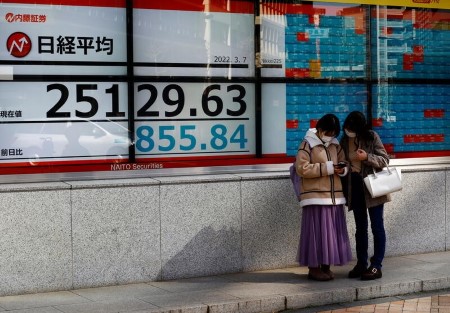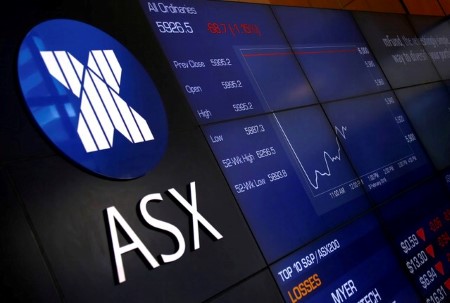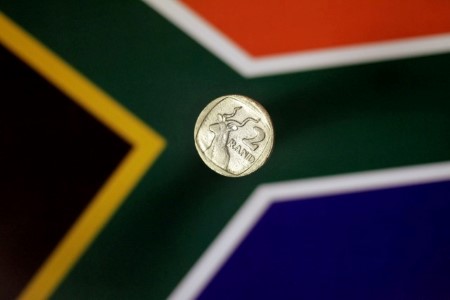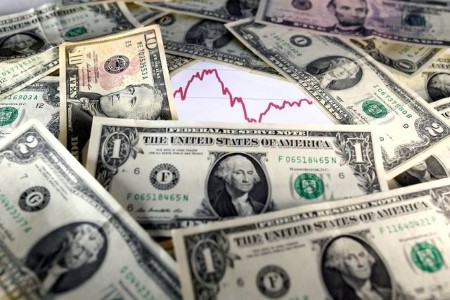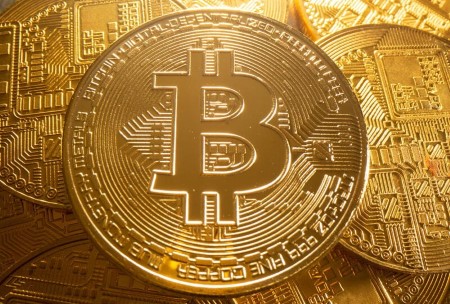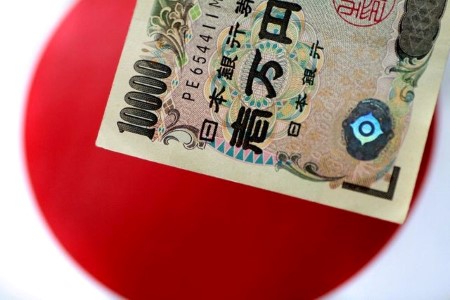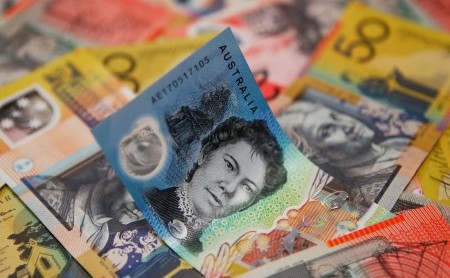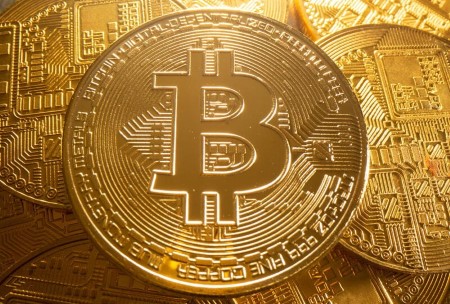TOKYO, May 12 (Reuters) – Japan’s Nikkei fell to its lowest in almost two months on Thursday as technology heavyweights tracked a sharp decline on Wall Street overnight.
The Nikkei share average .N225 fell 1.77% to 25,748.72, the lowest since March 15. The broader Topix .TOPX fell 1.19% to 1,829.18.
“It was hard to bet on Japanese stocks after the Nasdaq’s fall overnight,” said Shigetoshi Kamada, general manager at the research department at Tachibana Securities.
“As long as the Federal Reserve maintains its policy tightening, investors will remain cautious about investing in risk assets.”
U.S. stocks ended sharply lower overnight, with the Nasdaq dropping more than 3% and the Dow falling for a fifth straight day after inflation data did little to ease investor worries over the outlook for interest rates and the economy. .N
Technology investor SoftBank Group 9984.T tanked 8.03%, dragging the telecommunication sector .ICOMS.T 4.06% lower to make it the worst performing segment.
Telecom companies KDDI 9433.T and SoftBank Corp 9434.T fell 3.01% and 5.95% respectively.
Chip-related stocks Tokyo Electron 8035.T and Advantest 6857.T slid 1.6% and 3.63% respectively. Medical services platform M3 2413.T tumbled 10.29%.
Toyota Motor 7203.T, which warned of annual profit declines, ended 1.54% lower after trading in positive territory.
Peer Mitsubishi Motor 7211.T jumped 6.18% after forecasting a rise in profit. nXB0CZVRKR
Olympus 7733.T surged 11.24% as the endoscope maker forecast a jump in annual profit. nXB0JEM5CY
There were 88 advancers on the Nikkei index against 135 decliners.
The volume of shares traded on the Tokyo Stock Exchange’s main board was 1.52 billion, compared with the average of 1.22 billion in the past 30 days.
(Reporting by Junko Fujita; Editing by Uttaresh.V and Vinay Dwivedi)
((813-4563-2711, junko.fujita@thomsonreuters.com, Reuters Messaging:junko.fujita.reuters.com@reuters.net;))







 DOWNLOAD
DOWNLOAD




